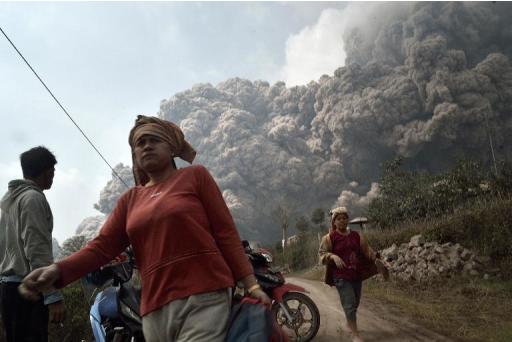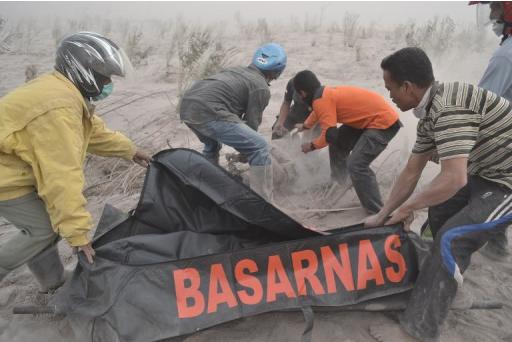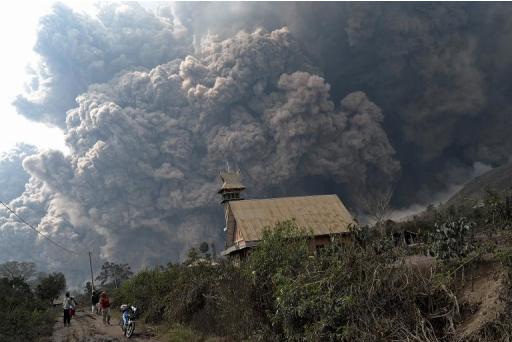By Don Quijones, a freelance writer and translator based in Barcelona, Spain. His blog, Raging Bull-Shit,
is a modest attempt to challenge some of the wishful thinking and scrub
away the lathers of soft soap peddled by our political and business
leaders and their loyal mainstream media.
Recent events in Spain have left me in even more a fog of
confusion than usual. Here’s why: a little over a month ago, just before
Christmas, it was announced to the loudest possible fanfare that Spain
had finally fulfilled all its bailout obligations.
Its work done, the Troika was withdrawing its troops. After 18 long,
arduous months of economic belt-tightening, Spain had finally regained
its independence, its government and people liberated from the shackles
of neo-colonial economic rule.
Personally speaking, I had my reservations. But even I, a seasoned
skeptic, never imagined that the Troika’s shock troops would be back
quite so soon. On Thursday morning, while scrolling the home page of
El Diario, the following headline caught my eye:
“
IMF Technocrats Do Not Deign To Explain Their Reforms in Spain“
The technocrats in question were two chief economists from the IMF’s
European Department, Martin Schindler and Jasmin Rahmen, and two
assistants from the same department, Helge Berger and Antonio
Spilimbergo.
They were in Madrid for the express purpose of present their latest study,
“Employment and Growth: Supporting European Recovery”
— a title that proves, if nothing else, that the “Fund of Funds” hasn’t
lost its sense of humour. The study contained the standard,
all-familiar IMF recommendations: greater labour mobility (i.e. make it
easier for companies to fire and hire workers, the former of which is
definitely no longer a problem in Spain), lower salaries (always nice
coming from unelected officials earning fat, tax-free, all
expenses-included salaries) and, of course, less union involvement in
collective bargaining agreements.
Things got interesting, however, at the end of the presentation when
the small gathering of journalists began launching questions at the four
IMF employees, to which Antonio Spilimbergo had one solitary response:
"We will not be taking any questions on the specifics of the Spanish situation."
And there you have it: the perfect summation of how our new
technocratic system of governance functions in Europe today. A small
clique of four empty suits rides into town, announces “recommendations”
for economic reforms — reforms that will continue to suck the life-blood
out of the Spanish economy – refuses to answer even the most innocent
question on said reforms, and then rides back to wherever it came from.
In this new model of governance, difficult questions must never be
asked. If they are asked, they must never be answered — for the simple
reason that the IMF, the ECB, and the European Commission do not have
plausible answers to such questions.
In this video
Klaus Masuch, a European Central Bank official, mumbles, stumbles, and
squirms his way through a steady onslaught of probing questions from a
seasoned Irish journalist. At the end of his merciless interrogation,
the Irish journalist says:
This isn’t good enough. You people are intervening in this society
causing huge damage while requiring us to make payments not for the
benefit of anyone in Ireland but for the benefit of European financial
institutions. Now could you explain why the Irish people are inflicted
with its burden?
A damn good question, and one that merits an answer, but instead was
met with a wall of silence, followed by all manner of evasive tactics.
Biting Austerity
Like Spain, Ireland was recently proclaimed cured. It had exited from the bailout program and, as
The Guardian put it,
recently
made
a “storming return” to the international bond market. Yet while the
country may be returning to a semblance (for that is all it is) of
normality in macro financial terms, the cold, hard frost of austerity
continues to bite on the ground.
In October last year, Irish premier Enda Kenny announced another
round of austerity cuts in the government’s (read: Troika’s) budget for
2014. Among
many other things,
health costs will soar, medical cards will be withdrawn from 35,000
people over 70, welfare rates will be cut for job seekers, and maternity
benefits will be reduced.
The results are plainly visible for all to see. In Ireland, as in
Spain, the poverty rate keeps rising, opportunity becomes a thing of the
past for more and more young workers, the brain drain continues its
onward march, the suicide rate is going up and public services are
gradually deteriorating to the point where they no longer serve the
public — cue: privatisation.
Ditto for Portugal, ditto for Italy, and the less said about the
tragic fate of Greece, the better. Soon, even Europe’s core countries
will be invited to join the eternal race to the bottom.
To paraphrase the Roman historian Tacitus, “They make an economic desert and call it progress.”
The markets raucously cheer and applaud from the sidelines, rewarding
the respective national governments’ noble efforts to impoverish their
own citizens with slightly higher bond prices, healthier-looking risk
premiums and more debt — always more debt! In October, the continent’s
Banking Union will be consummated, granting exclusive supervision of the
continent’s banking system to unelected, unaccountable apparatchiks of
the European Central Bank. And with it, another hefty chunk of our
national sovereignty will disappear.
Yet if someone dares to ask any of the Troika’s three horsemen of
Europe’s economic apocalypse just why such drastic steps and their
brutal social, economic and political fallout are necessary — something
that most representatives of the fourth estate seem strangely loath to
do — you are greeted with silence, more lies, and evasion.
By Don Quijones, Raging Bull-Shit.
Governments are seeking to reduce cash transactions. The reasons are
obvious: as most countries struggle to rein in public
spending, governments are frantically surveying their surroundings for
anything of value to steal or pawn. Read....
We Are Sleepwalking Towards A Cashless Society











